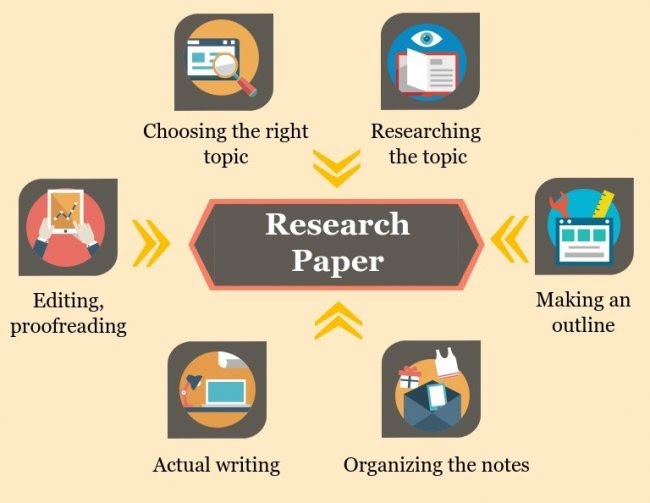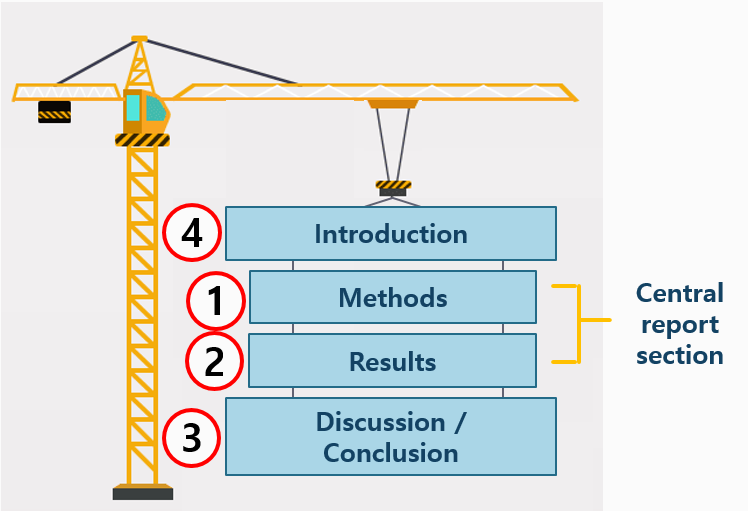Research
Skills
Vasharna Thangavel
01/30/2019

What is a Research Paper?
A research paper is a model of investigated thoughts and findings from several primary and secondary sources. They usually follow the structure of an expanded essay and are essentially a guide to your findings. Their purpose is to interpret already known research and offer unique solutions and perspectives.
What are the main types of research papers?
Though, we think of scientific papers when we hear the term research, there are three main types of research papers:
Analytical Research Paper
Analytical research papers generally investigate an answer to a given topic. The writer views and writes upon a vast variety of viewpoints and includes sufficient evidence from strong sources. For this particular type of research paper, critical thinking is crucial as the writer must critically analyze and create their own conclusion.

Argumentative Research Paper
This type of research paper tends to persuade the readers into understanding a concept or theory which is rather seen as controversial or debatable. The writer begins by taking a stance in their thesis statement, and then argues a favoured perspective.
Scientific Research Reports
A scientific research paper uses several findings, tests, experiments and methods to uniformly deliver data to the scientific community. Scientific research papers follow a rather longer structure and can be easily browsed. They possess tables, graphs and results as well as a written analysis, etc.

Writing an Outline
The outline of a research paper is pivotal as it will ideally show you to arrange your thoughts in the most efficient way. Using a flow chart of jotting down points are key as they will allow your paper to follow a logical flow.
How to Creeate An Outline
An outline should not require more than 45 minutes. It should be brief with main points, necessary citations/sources if used, etc. This outline can be rearranged if new information is found and is not set in stone.

Writing a Thesis, Body, and Conclusion
Thesis/Abstract
The thesis holds the objective of the paper or the favoured viewpoint that will be supported throughout. It should be concise and can reference some primary sources.
- Example of a thesis statement for an argumentative research paper on Why Peanut Butter and Jelly Sandwiches are the best would be: Peanut butter and jelly sandwiches are the best type of sandwich because they are versatile, easy to make, and taste good. (https://nstep-online.org/persuasive-essay-thesis-statement-examples/)
- As seen above, the writer takes a stance and includes primary sources such as, easy to make, taste good and versatile.
Body
With the usage of an outline, body paragraphs will be easier to write! Remember to incorporate all supporting ideas to ensure that your main idea for each paragraph is successfully proven.

Conclusion
To end off your amazing research paper, recall your thesis and rephrase it with a brief summarization of your main points. Explain why you have culminated with your particular result and suggested areas of the topic that you believe should be researched next.
REVISING AND MAKING A FINAL DRAFT
Almost done!
The following is a checklist of what your final draft must have:
- Correct usage of punctuation, grammar, sentence structure and word choice
- Logical flow, not difficult to read
- Correct citations, sources (if needed)
- Concise and elaborated only when necessary